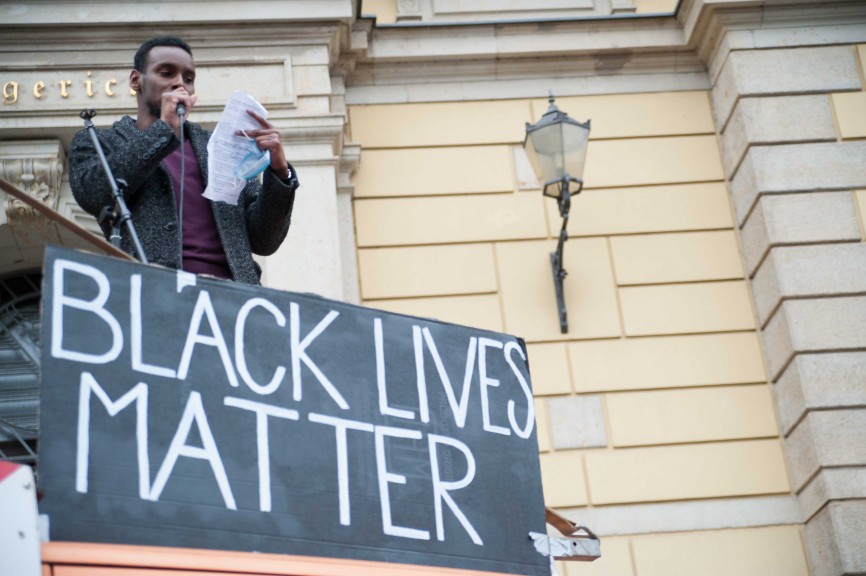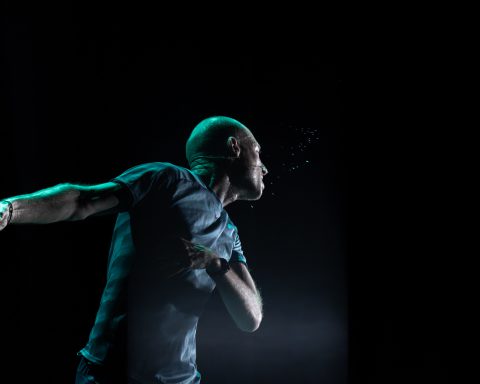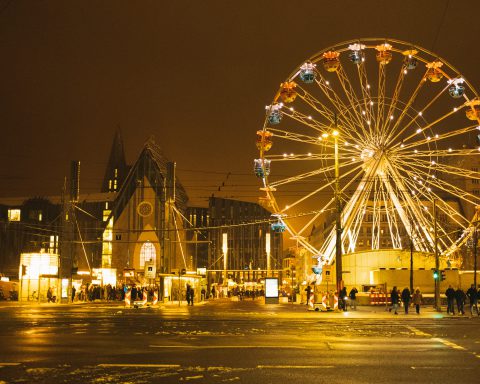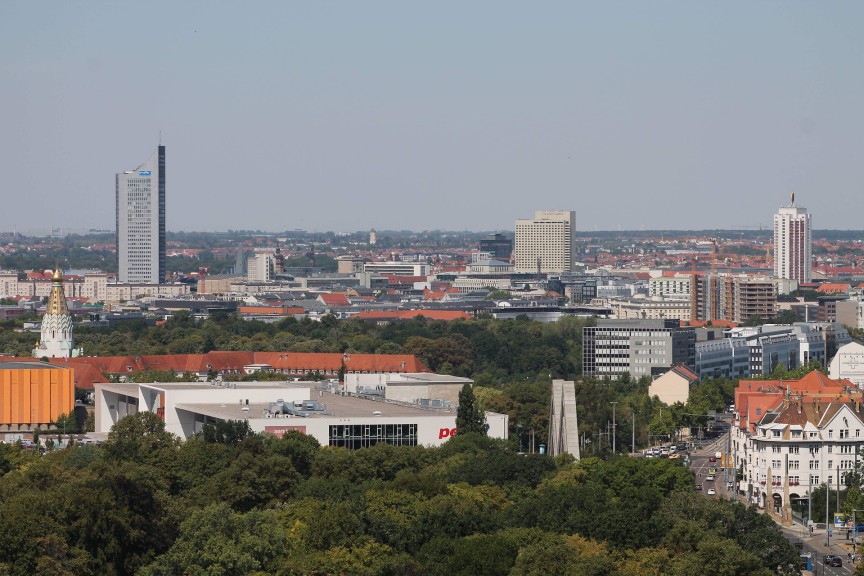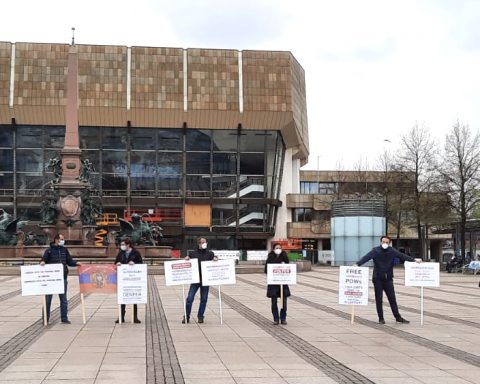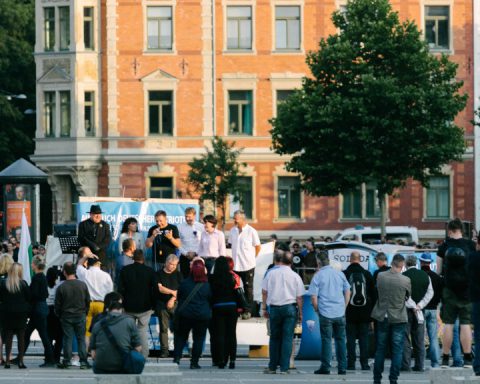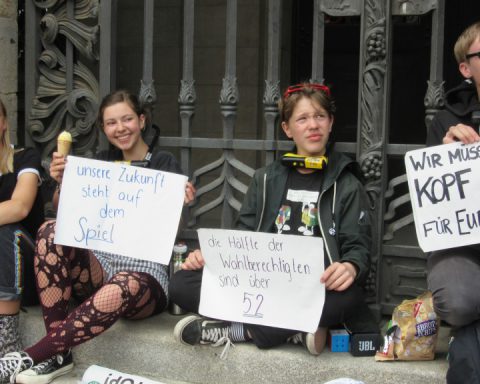With Black Lives Matter 10 days ago, Leipzig had its second-largest protest in recent memory, since the anti-LEGIDA protests of 2015. As I stood on top of the truck acting as a makeshift stage, I pulled out my wrinkled speech, itself coated in a thin film of sweat and anticipation.
I knew that I had no need to doubt myself. I knew what I wanted to say. I memorized my message from the heart. The enemy whom I was denouncing was not new. Rather, it was an old enemy with whom I was well acquainted and, indeed, with whom I have been in direct combat since birth:
“To be a Negro in this country and to be relatively conscious is to be in a rage almost all the time.” – James Baldwin (1965)
My name is Antar Rashiq Keith, an African-American born to a working-class family in the Bronx, New York, in 1985. Throughout my life, I have gained firsthand knowledge of structural discrimination in the United States.
I pursued my B.A. in Adolescent Education in English Literature and M.A. in National and Transnational Studies before settling in Leipzig, Germany. With over 10 years’ experience as an English educator in inner-city regions of the United States and Germany, I enjoy fostering stronger transnational ties between U.S. and German youth, working professionals, and active NATO military.
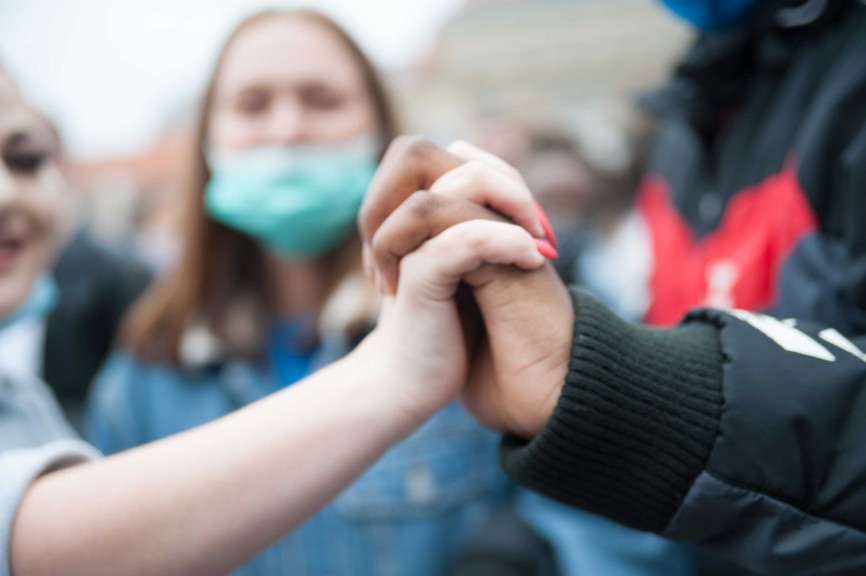
My political consciousness was molded from an early age by a family with ties to human-rights advocacy in the face of stark structural inequity.
My mother, Iseult Keith, PhD, was employed as a social worker in New York State’s Sing Sing prison, providing guidance and counseling to the incarcerated.
My father, William “Bill” Keith, was a poet, teacher, Civil Rights activist and ally of Malcolm X, and Black Arts Movement avant-garde artist. He was also a two-time victim of predatory policing, the broken justice system, and mass incarceration.
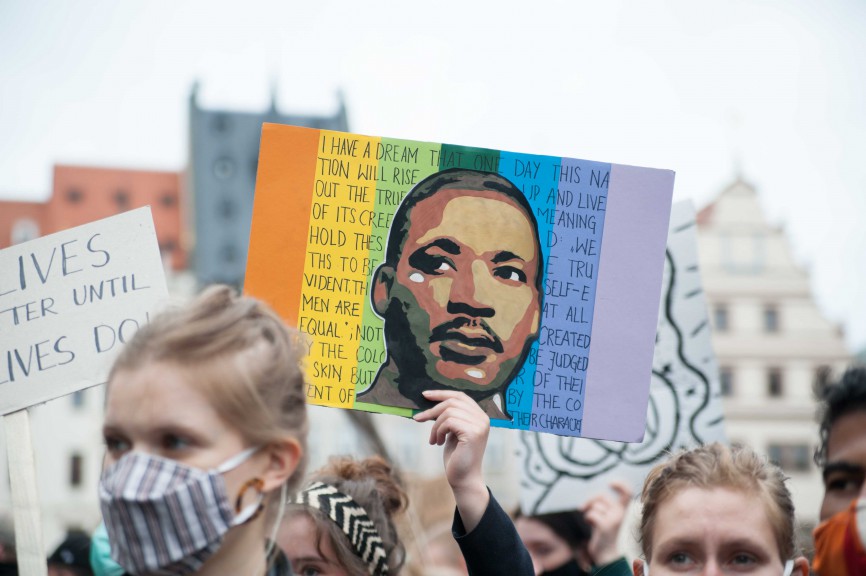
With Malcolm X’s widow, Betty Shabazz, my father founded the Malcolm X Arts Foundation in the mid-1970s in Harlem, New York City. There, he taught trade skills to the formerly incarcerated.
Later, my father organized a special program in coordination with the National Endowment of the Arts to enable low-risk inmates to travel with him to Morocco in order to experience a different culture and inspire new imaginations for a better world.
As Bill and Iseult’s son, I aim to build on their legacy through progressive action on the policy level. In doing so, I focus on what I have identified as the triple evils of police brutality, mass incarceration, and voter suppression.
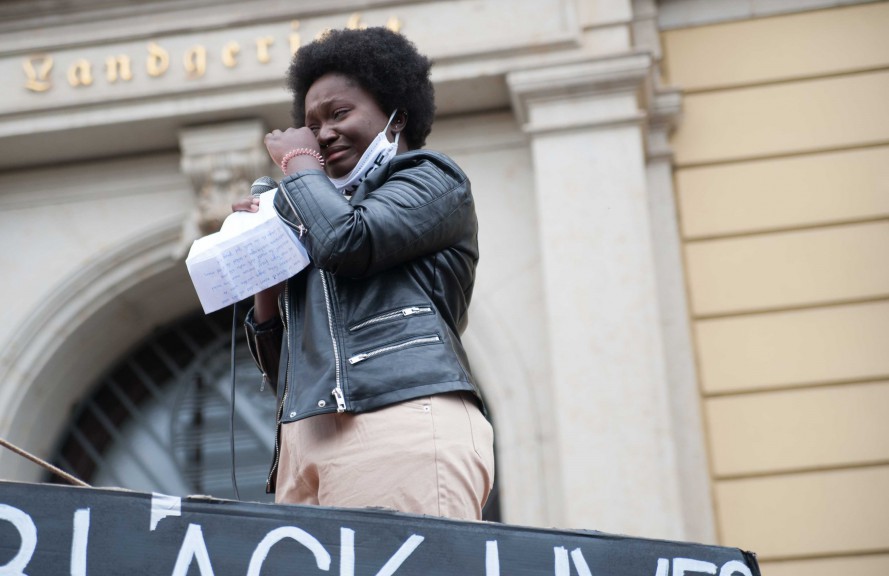
Predatory policing in black and brown communities is used to contain poverty and its resultant violence. Such socioeconomic disparities are not created by accident in a vacuum, but rather by design in a capitalist system which does not extend its bounty to black and brown bodies.
Survivors of predatory policing often find themselves locked in a for-profit system known as mass incarceration. Some experts call this the prison-industrial complex, by which U.S. states sign agreements with private-prison contractors to acquire state contracts for prison construction. In turn, the contractors must maintain a certain number of incarcerated at all times.
Black and brown bodies, and increasingly low-socioeconomic-status whites, are the primary victims of this industry.
This prison-industrial complex has also had devastating political ramifications: Those charged with felonies subsequently lose the right to vote and, by dint of that fact, their political self-determination to change the system that targeted them disproportionately in the first place.
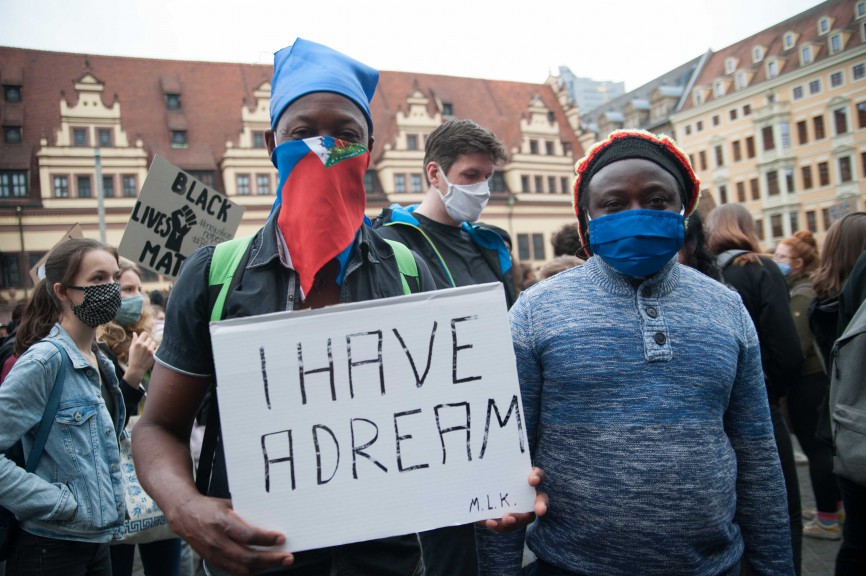
When forced to labor within prisons, black and brown communities are further deprived of vital economic input, reproducing social and economic inequalities in communities already suffering from lack of investment.
Other forms of voter suppression include shutting down voting booths and reducing the number of voting machines in low-socioeconomic regions, particularly in black and brown-populated areas, as well as Republican efforts to fight mail-in ballots.
In the face of these sharp inequities, the time for seeking unity of ideas is over. Time is short. We now desperately need unity of action.
Through unity of action, we see people across the West sharpening a collective spear in reaction to the senseless slaughter of George Floyd and Rayshard Brooks. What many call riots or hooliganism, we must begin calling by what they are: an uprising. An uprising against depression, despair, and hopelessness. An uprising not against quarantine, but an uprising against a plague, nonetheless. A plague of violence.
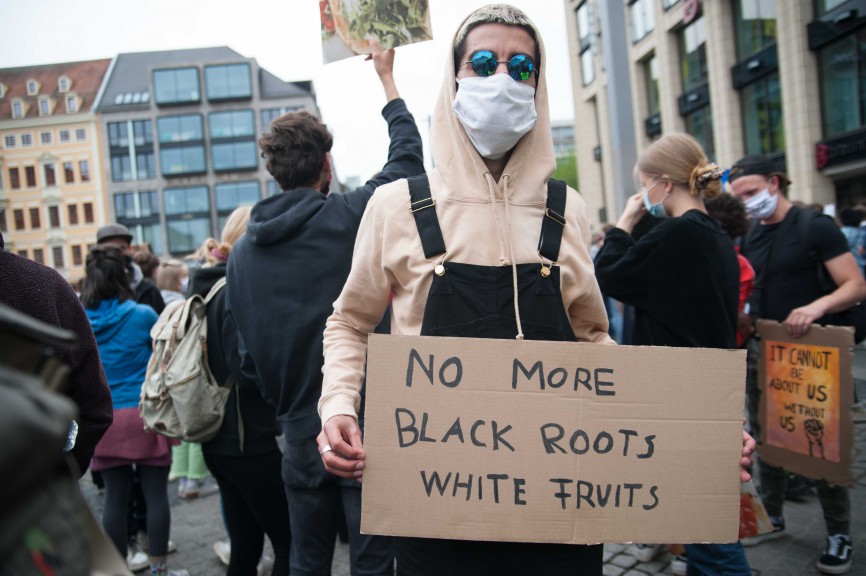
However, violence and racial injustice are not restricted to the U.S. American context. The deaths of George Floyd and Rayshard Brooks at the hands of U.S. police have, indeed, sparked renewed international protests in respect of black lives. My greatest priority is to ensure that this increased awareness drives a movement, not merely a moment.
The goodwill demonstrated thus far by protesters across Germany is appreciated but insufficient to tackle the deep structural racism embedded within many established institutions.
It is not enough for German nationals to focus solely on the evils of racism in the United States while their own homes are left in disarray. In other words, it is not enough to concentrate exclusively on the menace that armed security forces masquerading as U.S. civilian law enforcement pose to black and brown-populated enclaves within low-socioeconomic regions in America.
We must begin to focus on how the tendrils of this same ideology—white supremacy—have infiltrated German institutions, as well. We must put an end not only to predatory policing, but also to the sentiment that inspires it and other fortresses of structural racism in our midst.
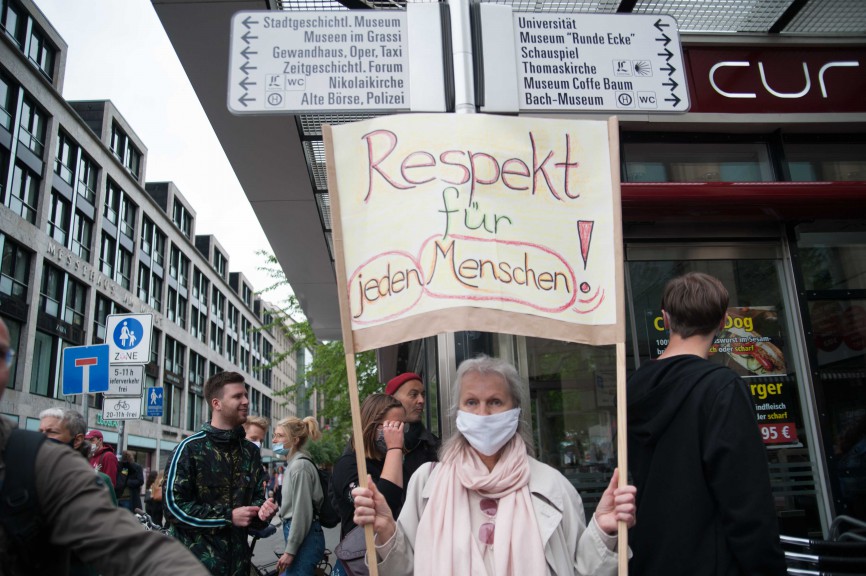
Since I moved to Germany in 2015, I have seen several areas in which this sentiment is expressed, not only in the police. In particular, the lack of explicit anti-racist policies at liberal academic institutions in Germany has inflicted damage on me and countless other students, faculty, and staff of color.
Racial and discriminatory remarks, tokenism, and labyrinthine processes to file complaints and (not) receive redress are a few of the many expressions of systemic and structural racism that I (and others like myself) experienced during my time as a Master student in Münster, Germany. Such expressions of white supremacy are not unique to higher-education institutions but, if left unchecked, will extend across all sectors of German society.
Combating such deeply entrenched racism requires sustained, organized effort on multiple fronts.
As a first step in this direction, I and the other organizers of the Leipzig protest hope to confer in the near future about the feasibility, likelihood, and possible strategic vision for a local branch of Black Lives Matter. This work is necessary because when emotion fades, when the tears run dry, when the lungs lose their vigor, what are we left with? We’re left with a mission.
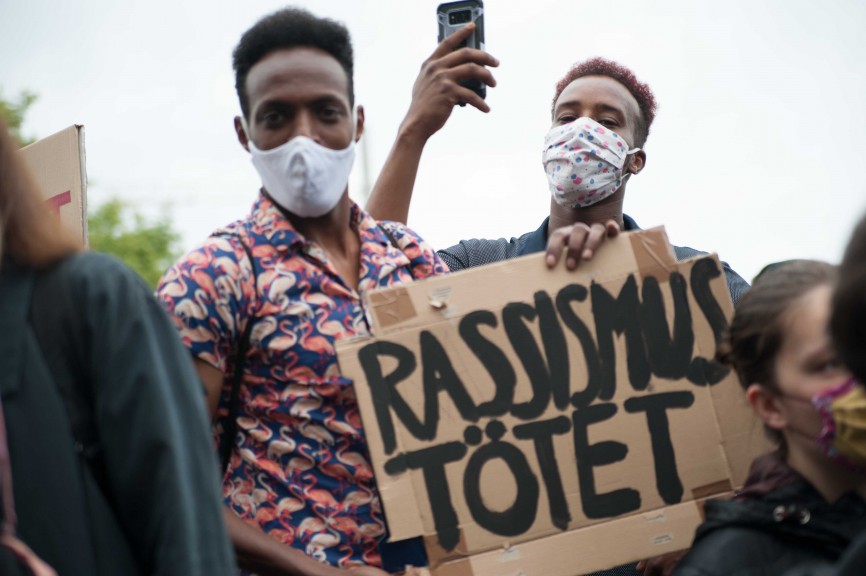
Our enemy arrayed against us is disciplined, systemic, and relentless. Today, we, and those who stand with us, must also learn to be just as disciplined, systemic, and relentless as this pandemic of discrimination. We must meet this challenge.
Will you join me in this struggle, reader?
By Antar Keith

